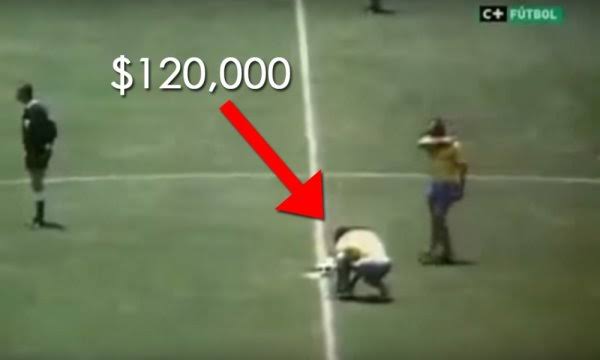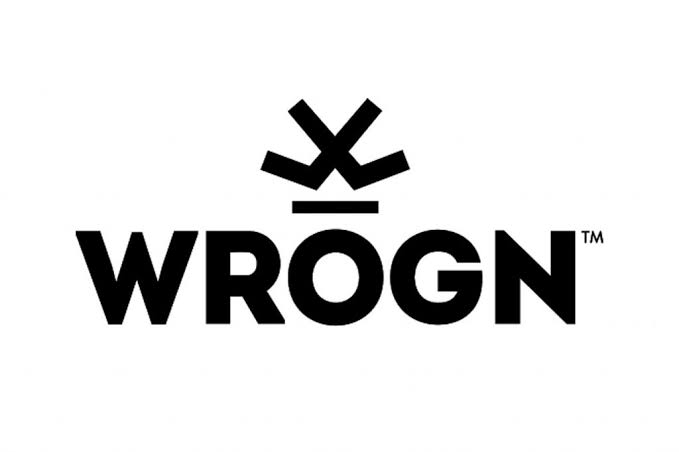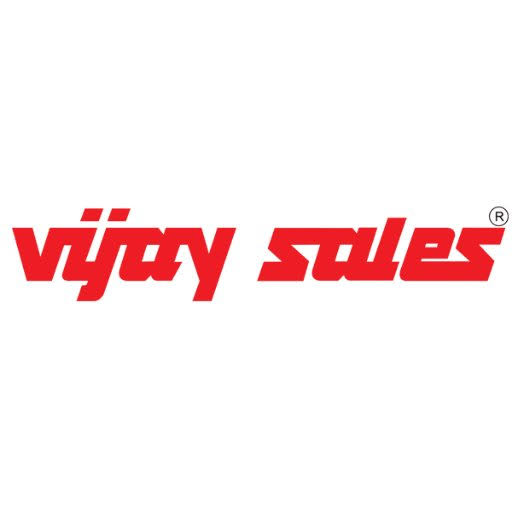
The rats and Parachute packaging story
When Parachute's growth stagnated in late 80s, it had to solve a rather unique problem to kickstart it's growth and become the No.1 coconut oil in India
Time for a thread 🧵
1/
When Parachute's growth stagnated in late 80s, it had to solve a rather unique problem to kickstart it's growth and become the No.1 coconut oil in India
Time for a thread 🧵
1/

1980s - Harsh Mariwala was working his family oil trading business, Bombay oil. Being a commodity B2B business which sold to large distributors, Bombay oil's margins were very less
2/
2/
They sold the coconut oil to these distributors under the name of Parachute in large 15 litres tin cans which looked like this
3/
3/

Harsh got to know about another brand called Shalimar which sold oil in small tin cans (like below) & made much higher margins than Bombay oil
Also some of the distributors of Parachute in Vidarbha & Nagpur were repackaging Parachute in smaller tin cans & making high margins
4/
Also some of the distributors of Parachute in Vidarbha & Nagpur were repackaging Parachute in smaller tin cans & making high margins
4/

After having done some field visits, Harsh found the ground reality. And decided to start selling smaller retail packs which would mean higher margins for the company
Also Harsh saw a bigger growth opportunity in retail segment if he was able to create a famous consumer brand
5/
Also Harsh saw a bigger growth opportunity in retail segment if he was able to create a famous consumer brand
5/
Despite a lot of opposition from the family run business, Harsh decided to focus on creating a consumer brand for retail segment
He started investing in marketing campaigns & branding of Parachute to create brand recall for retail consumers. Started selling small tin cans
6/
He started investing in marketing campaigns & branding of Parachute to create brand recall for retail consumers. Started selling small tin cans
6/

Harsh wanted Parachute to be a premium brand and wanted to have a more attractive and differentiated packaging
He decided to switch the packaging to plastic bottles instead of tin cans (used by all the other brands) as plastic was cheaper and would look better on the shelf
7/
He decided to switch the packaging to plastic bottles instead of tin cans (used by all the other brands) as plastic was cheaper and would look better on the shelf
7/
But when Parachute team did a survey with the distributors to check the plastic packaging. Most of the distributors trashed the idea
Turned out that in late 60s someone had tried to launch coconut oil in plastic bottles. But rats loved coconut oil & chew through the bottles
8/
Turned out that in late 60s someone had tried to launch coconut oil in plastic bottles. But rats loved coconut oil & chew through the bottles
8/
And that's why no one ever tried it for the next 20 years. Harsh's team delved deeper in the incident and found out the earlier bottles were square in shape. Hence, it was easy for rats to get a grip and gnaw them
9/
9/
Harsh's team got to work and created round bottles of superior quality to ensure rats could get hold of the bottles
When they presented the prototypes to the distributors, they were still apprehensive
10/
When they presented the prototypes to the distributors, they were still apprehensive
10/
In a final bid to win the confidence of the distributors, Parachute team conducted an experiment
They kept 8-10 bottles of Parachute and many rats in a cage for 2 days. Bottles came out without any harm.
11/
They kept 8-10 bottles of Parachute and many rats in a cage for 2 days. Bottles came out without any harm.
11/
They recorded this experiment & shared the video with sales team to onboard distributors
Distributors were finally convinced. Parachute bottles went on shelf & were clearly distinct. No wonder, Parachute captured > 50% of market share in coconut oil market in just few years
12/
Distributors were finally convinced. Parachute bottles went on shelf & were clearly distinct. No wonder, Parachute captured > 50% of market share in coconut oil market in just few years
12/
• • •
Missing some Tweet in this thread? You can try to
force a refresh







